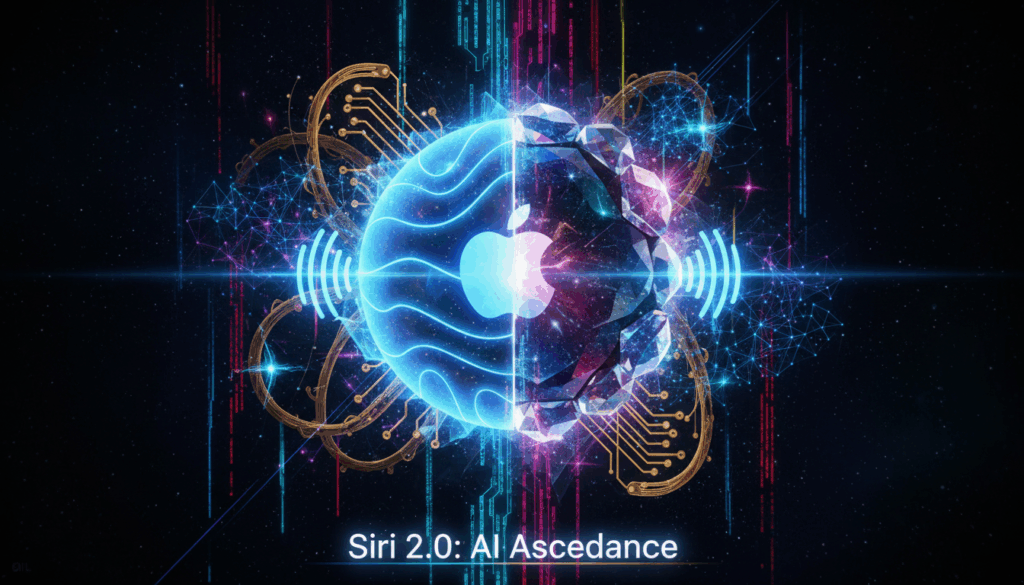Experience liftoff with a next-generation platform that evolves the IDE into a mission control center for autonomous development.
- Beyond the Traditional IDE: Google Antigravity reimagines the coding environment by moving from simple text editing to an “agent-first” platform where AI autonomously manages tasks across editors, terminals, and browsers.
- Built on Trust and Autonomy: The platform prioritizes user trust through transparent “Artifacts” and verification results, while enabling asynchronous workflows that allow developers to manage multiple agents simultaneously.
- Seamless Collaboration: Whether you are a professional engineer or a hobbyist “vibe-coder,” Antigravity offers synchronized control, intuitive feedback loops, and self-improving agents powered by state-of-the-art models like Gemini 3.
Every major leap in artificial intelligence forces us to reconsider the tools we use to harness it. For software development, the Integrated Development Environment (IDE) has long been the standard, but the rapid evolution of model intelligence suggests that the tools of yesterday are no longer sufficient for the ambitions of tomorrow. Enter Google Antigravity, a revolutionary agentic development platform designed to evolve the IDE into the agent-first era. Powered by Gemini 3, Google’s most intelligent model to date, Antigravity is not just an upgrade—it is a fundamental rethinking of how software is built, designed to help anyone with an idea experience liftoff and turn that idea into reality.
At its core, Antigravity addresses a shifting paradigm: we are moving away from micromanaging individual prompts and toward interfacing with agents at higher levels of abstraction. While the platform retains a familiar, state-of-the-art AI-powered Editor view—complete with tab autocompletion and natural language commands—it introduces a “Manager” surface that acts as mission control. This split allows developers to orchestrate multiple agents across different workspaces simultaneously. Instead of the agent being buried inside a text editor, the editor, terminal, and browser are now tools embedded within the agent’s workflow. This architecture supports the asynchronous interaction patterns necessary for models that can now run for extended periods without constant human intervention.
The philosophy behind Antigravity is built on four core tenets: trust, autonomy, feedback, and self-improvement. Trust is often the casualty in AI development; tools either overwhelm users with raw logs or hide everything behind a “black box.” Antigravity strikes a balance by presenting “Artifacts”—tangible deliverables like implementation plans, walkthroughs, and browser recordings—that allow users to verify the agent’s logic without wading through endless tool calls. This transparency ensures that the agent isn’t just doing the work, but is thoroughly verifying it, fostering a sense of reliability whether you are working in a massive enterprise codebase or experimenting in your spare time.

Siri 2.0: Apple’s Bold Bet on Google Gemini to Transform AI Assistance
Antigravity solves the “last mile” problem of AI coding through intuitive feedback mechanisms. Even the best agents may only complete 80% of a task perfectly. In the past, fixing the remaining 20% often took more effort than doing the job manually. Antigravity changes this by allowing users to provide asynchronous feedback directly on artifacts and surfaces—such as leaving Google-doc-style comments on text or annotating screenshots. The agent automatically incorporates this guidance without halting its process. Additionally, the platform treats learning as a core primitive; agents contribute to and retrieve from a knowledge base, remembering successful strategies and code snippets to improve over time.
Available now in public preview at no charge, Google Antigravity is compatible with MacOS, Linux, and Windows. It offers generous access to Gemini 3 Pro, while also providing model optionality with access to Anthropic’s Claude Sonnet 4.5 and OpenAI’s GPT-OSS. By synchronizing control across the editor, terminal, and browser, and offering a central view for managing complex, end-to-end software tasks, Google Antigravity is poised to be the new home base for software development. It is a forward-looking solution for a world where the boundaries between coder and code are being redrawn by the power of autonomous agents.

